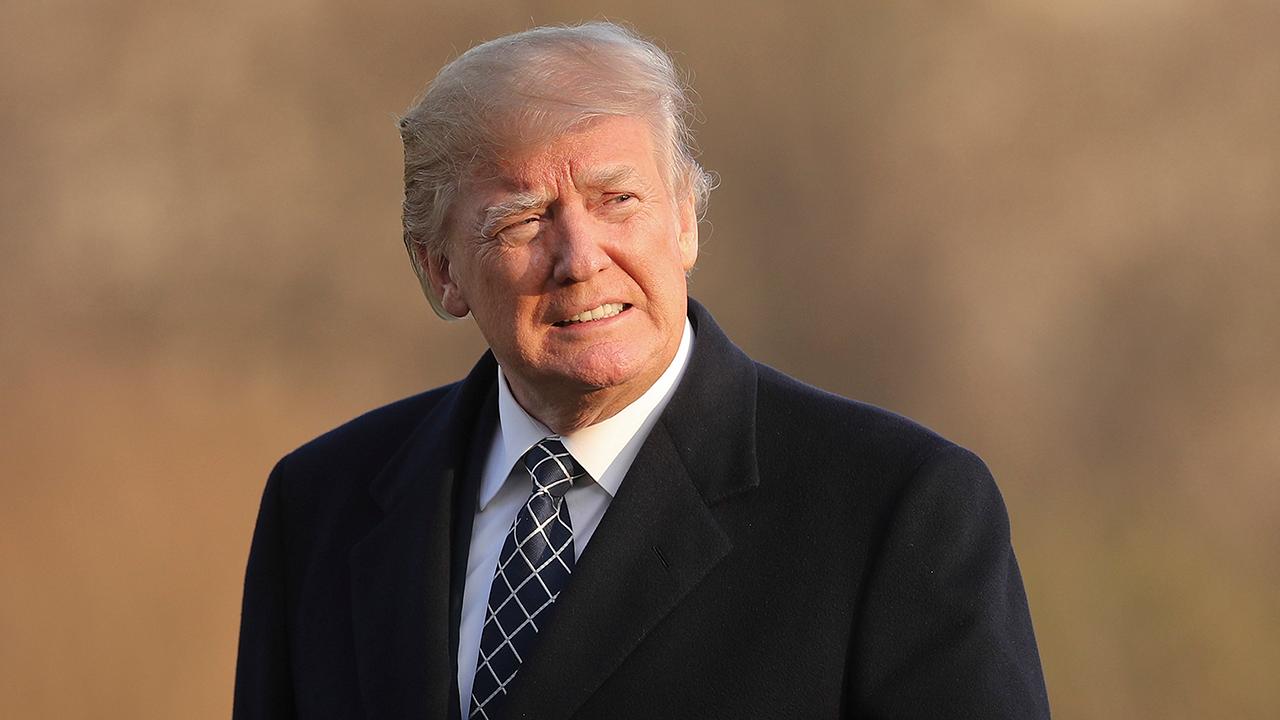China tariffs could undermine US-North Korea progress
The proposed U.S. tariffs on more than 1,300 Chinese products could turn the rising tensions between Washington and Beijing into more of a geopolitical than economic issue and undermine progress with North Korea.
President Donald Trump’s administration published on Tuesday a proposed list of imported Chinese products that could face additional tariffs, which it said were part of America’s response to the country’s “unfair trade practices related to the forced transfer of U.S. technology and intellectual property.”
China, which vowed to respond to any tariffs, fired back overnight with proposed levees of its own on imported American products, including soybeans, aircraft and autos. The tit-for-tat could be the beginning of a trade war that many expect would have a detrimental effect on both countries’ economies.
China, for its part, has a bargaining chip that it could use against the Trump administration: its close ties with North Korea.
“If Washington or Beijing begins to see the North Korea issue through the lens of a geopolitical competition between the two sides, then that could mean that even cooperation on North Korea … could become that much more difficult and that much more consequential in terms of its effect on the overall relationship,” Abe Denmark, director of the Wilson Center’s Asia program, told FOX Business.
President Xi Jinping met with North Korean leader Kim Jong Un in late March – reportedly at the former’s behest and the two discussed the Hermit Kingdom’s nuclear weapons program. Kim told the Chinese leader he wanted to resume six-party disarmament talks, according to the Nikkei newspaper. “China has already reminded the U.S. that it possesses significant leverage over its neighbor, and the U.S. had best remember that when making trade decisions,” Alan Mendoza, executive director of the Henry Jackson Society, told FOX Business.
The growing tension between the U.S. and China also involves Taiwan, which Beijing sees as a wayward province. Trump, in mid-March, signed a bill that encourages U.S. government officials to travel to Taiwan to meet counterparts there and vice-versa, leaving authorities in Beijing disgruntled.
“Taiwan will feel threatened by the new tariffs because it is an intermediary supplier of components for Chinese products that will now face price rises,” Mendoza said. “There is also the danger that if China does decide to try and reduce its trade surplus with the U.S., it will do so through measures like buying U.S.-made semiconductors rather than Taiwanese ones.”
Some think the economic aspect of the posturing between the U.S. and China is trivial compared with the size of their economies.
“[It’s] small relative to the Chinese economy or the U.S. economy,” David Dollar, a senior fellow in the John L. Thornton China Center at the Brookings Institution, told FOX Business. “So you could argue the U.S. is sending a signal that it takes the trade signal seriously and really wants China to open up more.”
Still, when news of China’s retaliatory duties broke, shares of U.S. airplane maker Boeing – whose biggest export market is China – dropped as much as 6%.




















